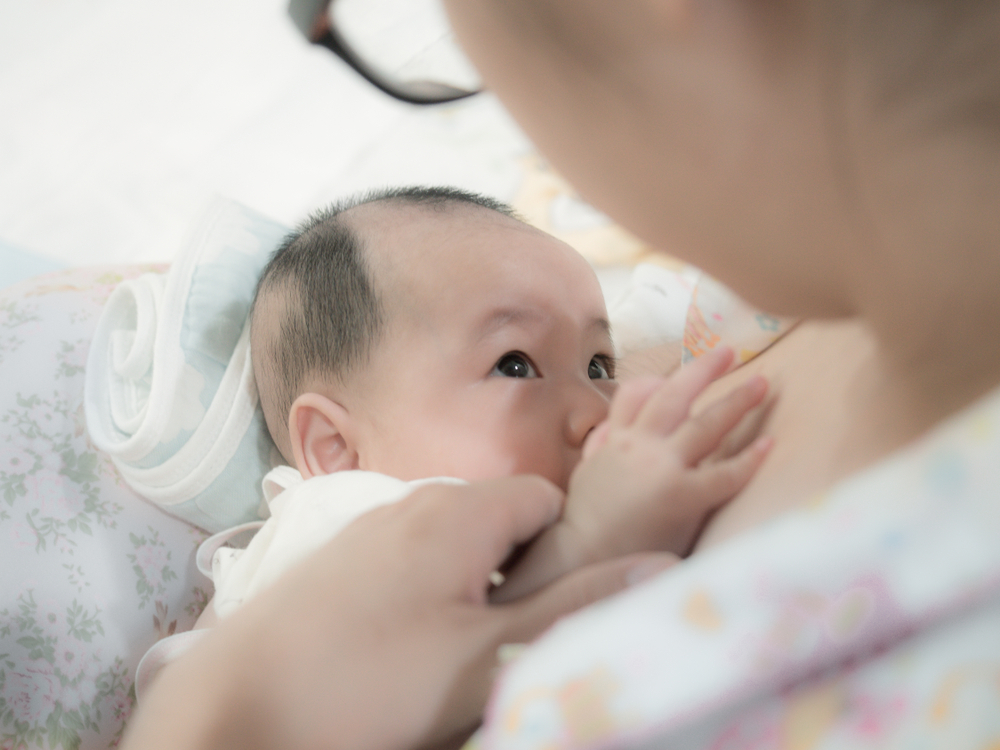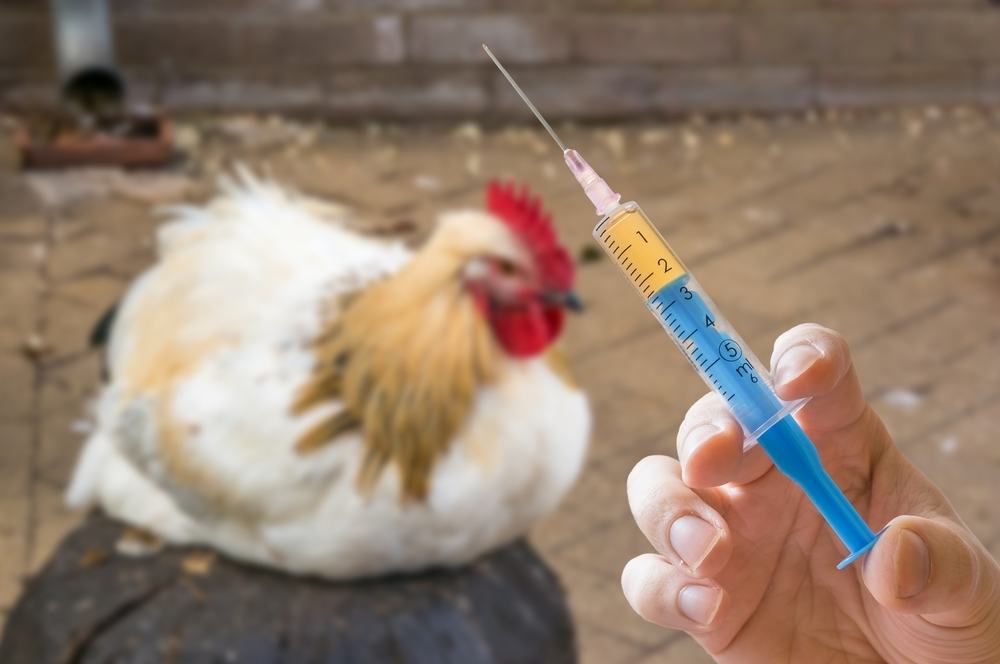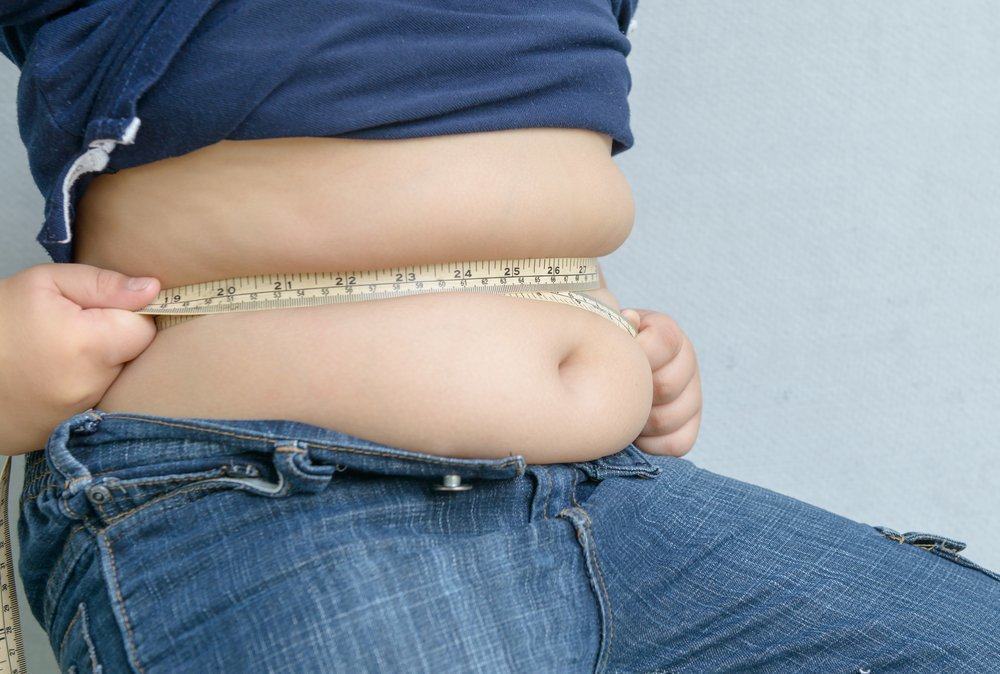Contents:
- Medical Video: Benefits of Exclusive Breastfeeding in Preventing Stunting in Children
- Why do babies under six months have exclusive breastfeeding?
- Babies freed from exclusive breastfeeding are too early to increase the risk of stunting
- Benefits of exclusive breastfeeding to prevent stunting in children
Medical Video: Benefits of Exclusive Breastfeeding in Preventing Stunting in Children
Until a 2-year-old child, known as the first 1,000 days, is a very critical period of gold. Because, this period greatly affects the health and intelligence of children until he grew up. Unfortunately, one in three children is malnourished in the form of stunting or short body children in the first 1,000 days of life. Apparently, one of the causes is the benefits of exclusive breastfeeding which is not maximized for up to six months, or in other words the baby releases exclusive breastfeeding too early.
Why do babies under six months have exclusive breastfeeding?
Babies need adequate milk and food intake to improve their nutritional status during growth. If the intake is lacking, the growth and development of the child will certainly be hampered, even carried away until he is an adult.
UNICEF and WHO recommend exclusive breastfeeding until the baby is six months old. Why is that? This is because breast milk contains complete nutrition that is easily digested by a small and sensitive baby's stomach. That is why, just giving ASI is enough to meet the nutritional needs of babies under the age of six months.
In addition, the benefits of other exclusive breastfeeding is to protect babies from bacterial infections such as bacteria, viruses, and parasites. Because the milk contains special proteins that can improve the body's immune system. The more routine you give exclusive breastfeeding, the more protected your baby's body from various diseases.
Babies freed from exclusive breastfeeding are too early to increase the risk of stunting
Even though many already know that exclusive breastfeeding is good for baby's health, in fact not a few mothers provide complementary breastfeeding (MPASI) too early for their babies, aka before their little one is six months old. The causes vary, from the influence of the mother or in-laws, the baby does not want to suckle, the milk is hard to get out, and so on.
Unfortunately, letting the baby escape exclusive breastfeeding too early can increase the risk of stunting in children. This is evidenced by a study involving 189 mothers and children aged 1 to 24 months from a rural area in Mexico.
As many as 37 percent of infants aged 1-6 months get exclusive breastfeeding, 16 percent of infants consume a mixture of exclusive breastfeeding and formulas, and another 6 percent consume formula milk only. When observed from month to month, the rate of giving exclusive breastfeeding has continued to decline.
In a sample of one month old infants, 73 percent received exclusive breastfeeding. However, once the baby reaches the age of two to four months, the rate of exclusive breastfeeding drops dramatically to 30 percent because the baby has begun to be given MPASI.
The experts also found that as many as 10.1 percent of children who consumed MPASI experienced short stunting. So, it can be concluded that administration of complementary feeding too early can increase the risk of stunting in children.
Benefits of exclusive breastfeeding to prevent stunting in children
Stunting is a condition when a child experiences a growth disorder which causes him to be shorter than his age. Quoted from the WHO page, this condition is the impact of malnutrition and infections that occur for years.
The risk of stunting can increase if the baby receives solids early, or releases exclusive breastfeeding too early. When babies begin to be introduced to food before the age of six months, this will make babies more interested in these foods than breast milk. Babies will be full first and not have time to drink breast milk.
Over time, the frequency of breastfeeding will continue to decline until in the end the child does not want to drink milk again. As a result, babies lose important nutrients found in breast milk so that their growth becomes stunted.
In addition, the introduction of other foods before the age of four months can also increase the risk of indigestion in infants. Your child can experience malnutrition and be susceptible to various infectious diseases during the first two years.
To prevent stunting in your child, make sure your child reap the benefits of exclusive breastfeeding to the maximum until the age of six months. Enjoy first time breastfeeding before weaning time arrives. After the child is six months old, then you can provide solids to meet the nutritional needs of children every day.
By maximizing the benefits of exclusive breastfeeding, this will prevent stunting in babies. Your baby's growth will be far more optimal and not easily hurt during his growth period.














